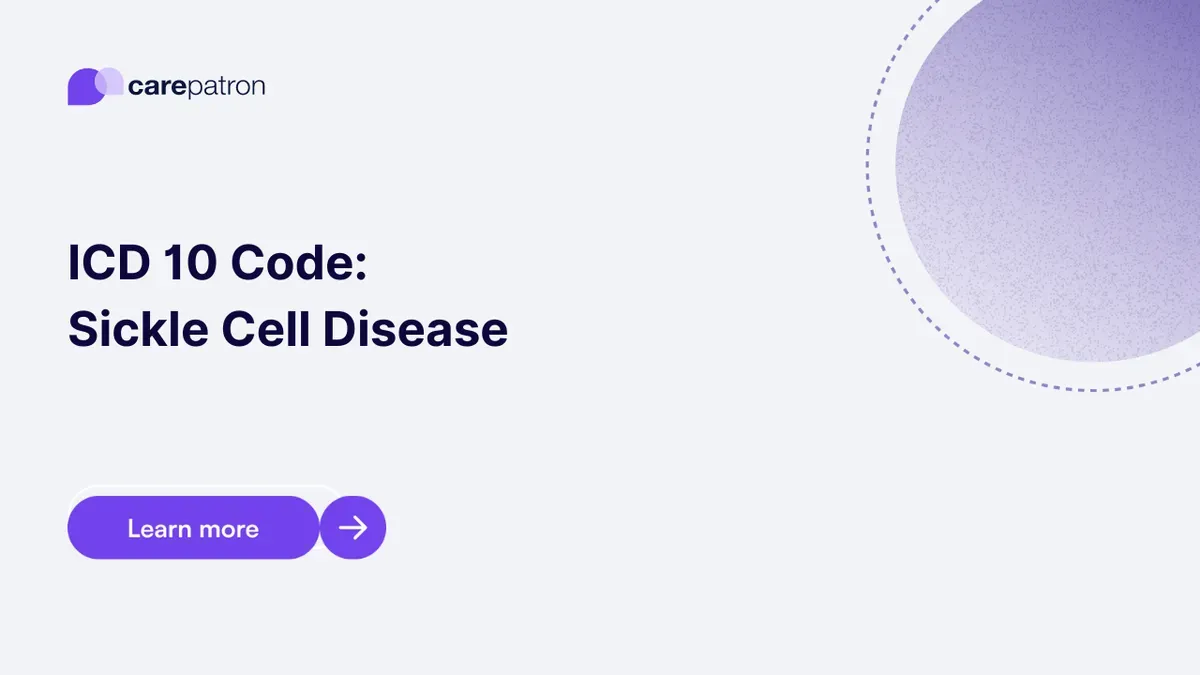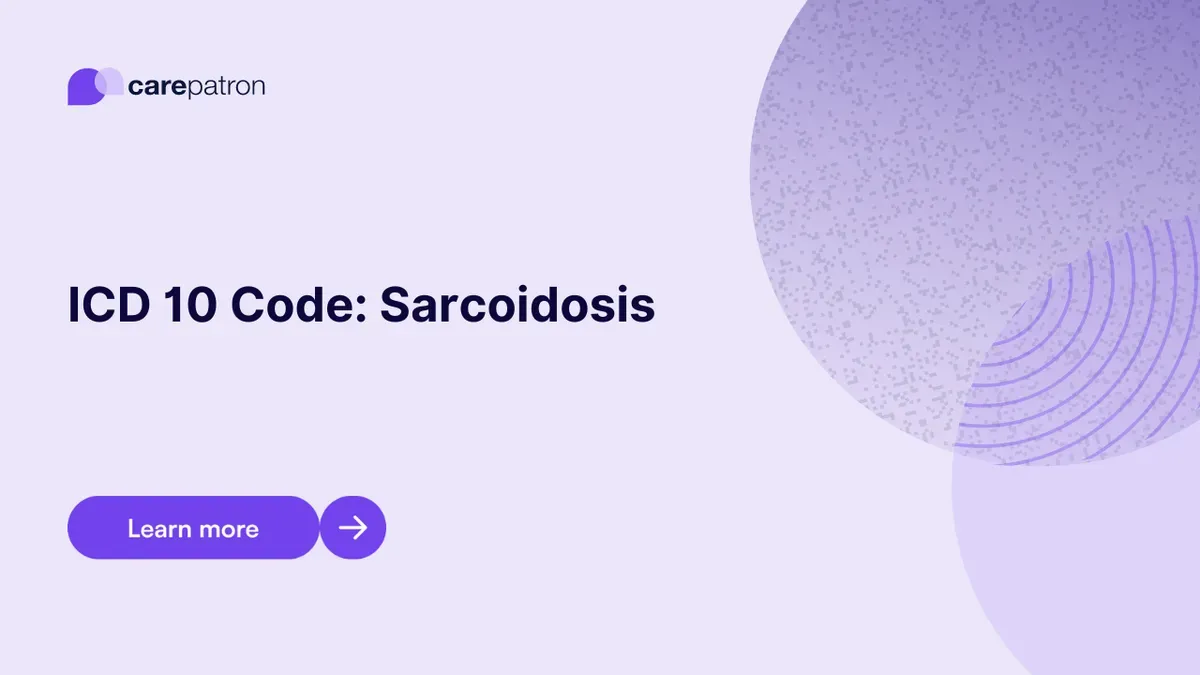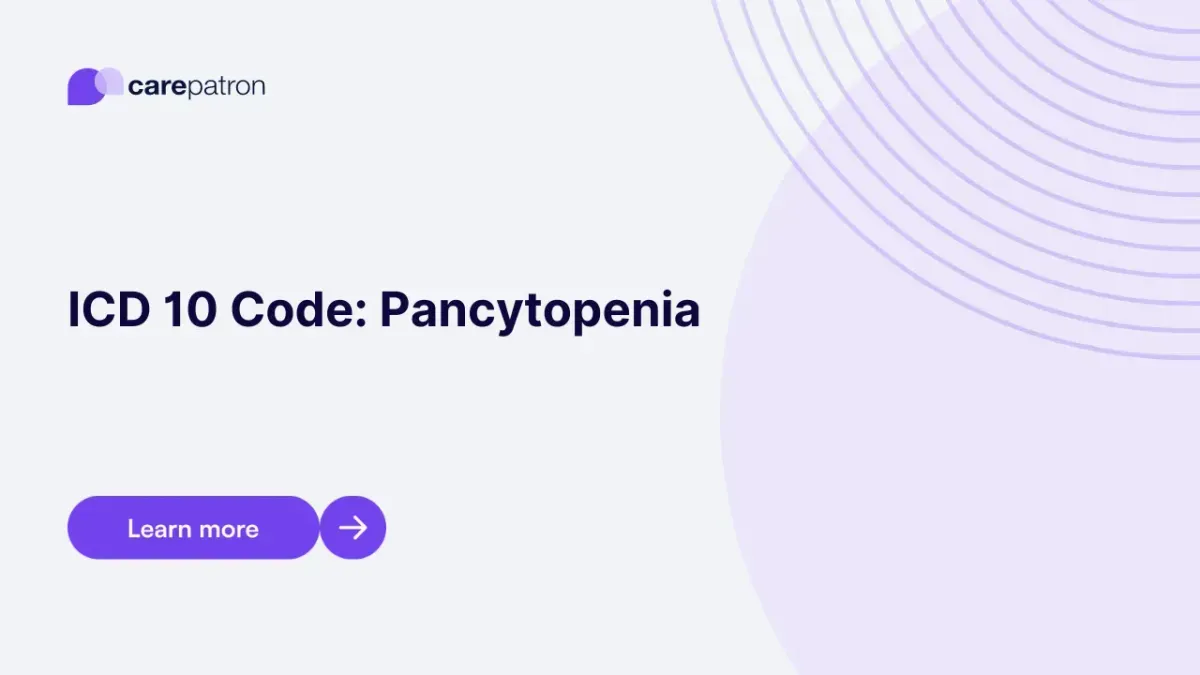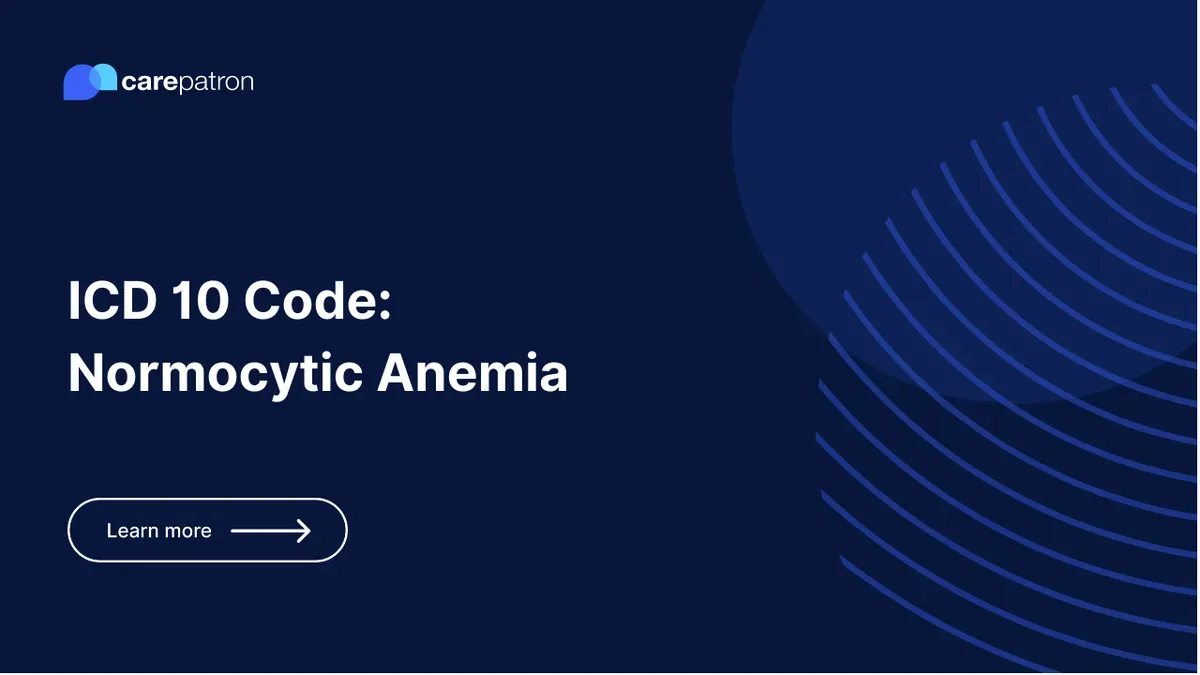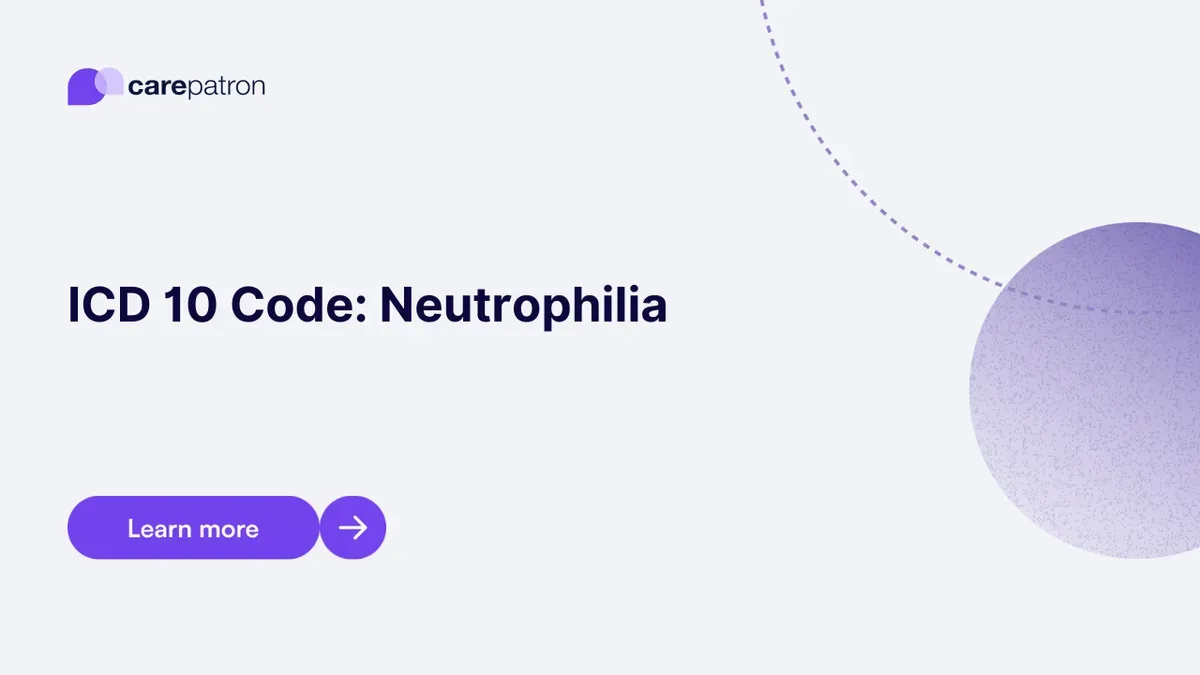III: Diseases of the blood and blood-forming organs and certain disorders involving the immune mechanism (D50-D89)
Explore the world of diseases of the blood and blood-forming organs, as well as disorders involving the immune mechanism, with our comprehensive collection of information. Here, you'll find a wealth of resources on conditions ranging from anemia (D50-D64) to immune deficiencies (D80-D89). Discover the intricacies of hematological disorders, such as hemolytic anemias, coagulation defects, and aplastic anemias. Dive into the realm of immune system disorders, including primary immunodeficiencies, autoimmune diseases, and hypersensitivity reactions. Whether you're a healthcare professional or simply seeking to expand your knowledge, our pages offer detailed explanations, links to further resources, and insights into the latest research. Join us on this journey through the realm of diseases of the blood and immune system, and unlock a deeper understanding of these complex conditions.
Testicular Mass ICD-10-CM Codes
Discover the common ICD-10 Codes used for testicular mass. Learn how these specific codes help with medical billing and more.
Sickle Cell Disease ICD-10-CM Codes
Simplify coding with our comprehensive list of ICD-10 Codes Used for Sickle Cell Disease. Stay informed and streamline medical coding practices efficiently.
Sickle Cell Anemia ICD-10-CM Codes
Discover the correct ICD-10-CM codes for Sickle Cell Anemia in 2023. Explore standard codes, their billability, clinical data, synonymous terms, and more!
Sarcoidosis ICD-10-CM Codes
Be up-to-date with the common ICD-10 codes used for Sarcoidosis. Improve your billing accuracy and know more about the diagnosis with our short guide.
Pituitary Mass ICD-10-CM Codes
Learn about the ICD-10 codes used for pituitary mass through this guide.
Pernicious Anemia ICD-10-CM Codes
Delve into the 2023 ICD-10-CM codes for Pernicious Anemia. Learn about codes, billability, clinical data, and synonymous terms, and get answers to common questions.
Pancytopenia ICD-10-CM Codes
Dive into the guide on Pancytopenia ICD-10-CM codes. Learn about the specific codes, clinical descriptions, and billing implications.
Normocytic Anemia ICD-10-CM Codes
Looking for ICD-10 codes for Normocytic Anemia? Then check out this mini-guide to learn which ICD-10 codes you can use and relevant clinical information.
Neutrophilia ICD-10-CM Codes
A comprehensive guide to ICD-10 Codes for Neutrophilia. Discover commonly used codes, their clinical descriptions, billable status, synonyms, and more!
Neutropenic Fever ICD-10-CM Codes
Read this short guide and learn about neutropenic fever ICD codes you can use. Discover billing and clinical information.
Neutropenia ICD-10-CM Codes
Discover commonly used ICD-10 codes for Neutropenia. Understand how these codes aid in diagnosing and treating this condition.
Neurosarcoidosis ICD-10-CM Codes
Explore this guide on Neurosarcoidosis ICD-10-CM codes. Learn about the specific codes, clinical descriptions, and billing implications.
III: Diseases of the blood and blood-forming organs and certain disorders involving the immune mechanism (D50-D89)
The ICD-10 category "Diseases of the blood and blood-forming organs and certain disorders involving the immune mechanism" (D50-D89) is a comprehensive classification encompassing a vast array of conditions related to the blood and the immune system. ICD guides within this category are invaluable resources, guiding healthcare professionals in precise coding and documentation of intricate hematological and immunological disorders. Comprehensive ICD 10 guides provide detailed insights into the subcategories within D50-D89. For example, they encompass various types of anemia (D50-D53), conditions involving white blood cells and platelets (D60-D64), and disorders related to the immune system (D65-D89). Accurate coding, facilitated by these guides, is essential for diagnosing and treating these conditions effectively. It assists healthcare providers in identifying the underlying causes of symptoms, selecting appropriate treatment strategies, and monitoring patients' progress. Furthermore, ICD 10 guides within this category play a pivotal role in advancing research efforts, enhancing our understanding of these complex disorders, and driving the development of more effective therapeutic interventions. Accurate coding, guided by ICD resources, is indispensable for the healthcare system, benefiting patients, providers, and researchers alike. Beyond individual patient care, the precise coding of blood and immune-related disorders is essential for population health. These codes aid public health agencies in monitoring the prevalence and trends of conditions like anemia and immunodeficiencies, enabling targeted interventions and resource allocation. Additionally, they contribute to the study of rare blood disorders and the development of specialized treatments. In conclusion, the meticulous use of ICD 10 guides within these categories not only enhances patient care and clinical research but also plays a crucial role in shaping public health policies and resource allocation strategies. Accurate coding is the linchpin that connects individual health to broader healthcare systems and epidemiological insights, ultimately improving the overall health and well-being of populations worldwide.


